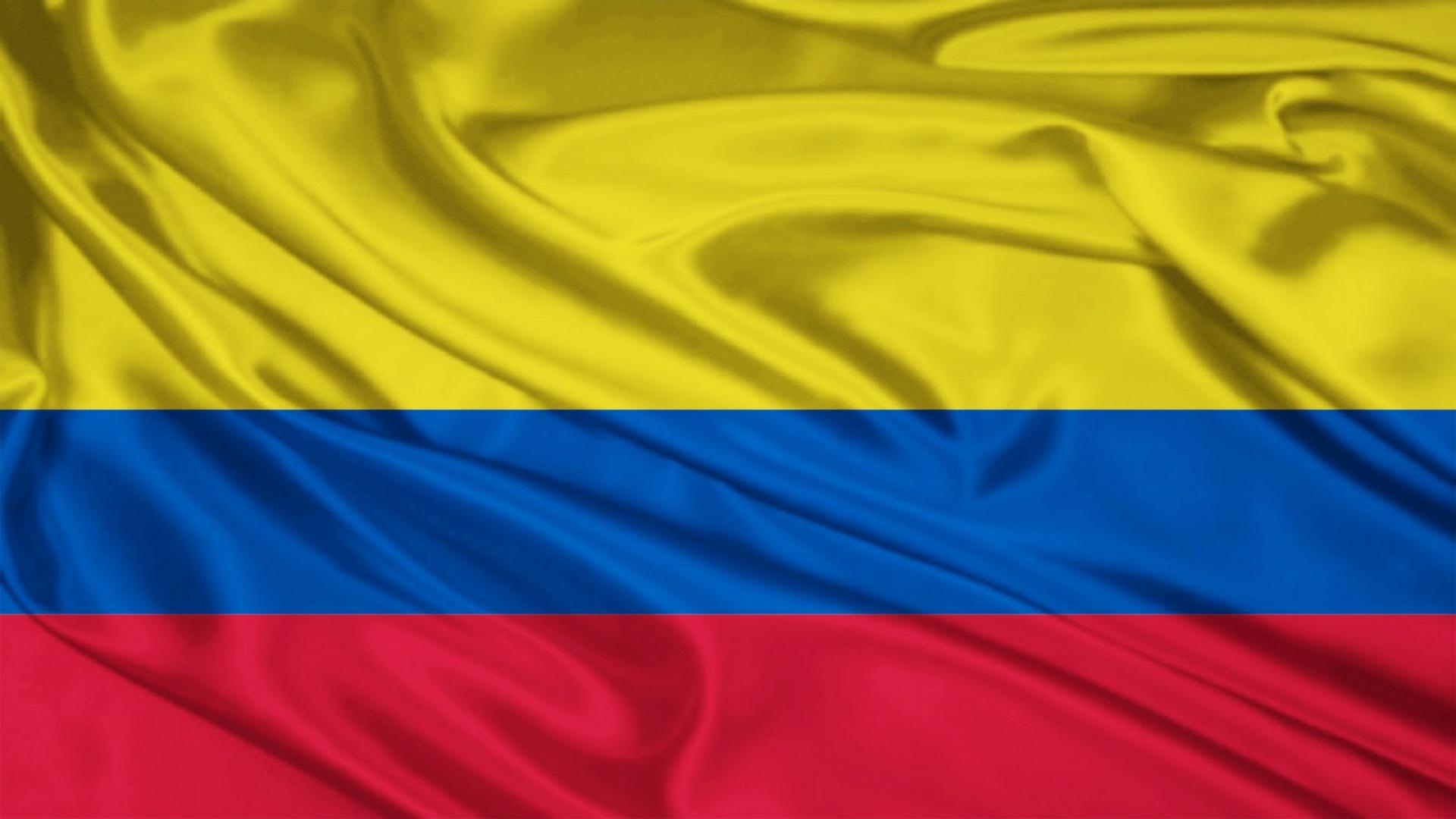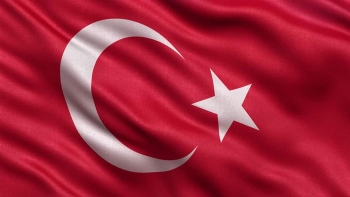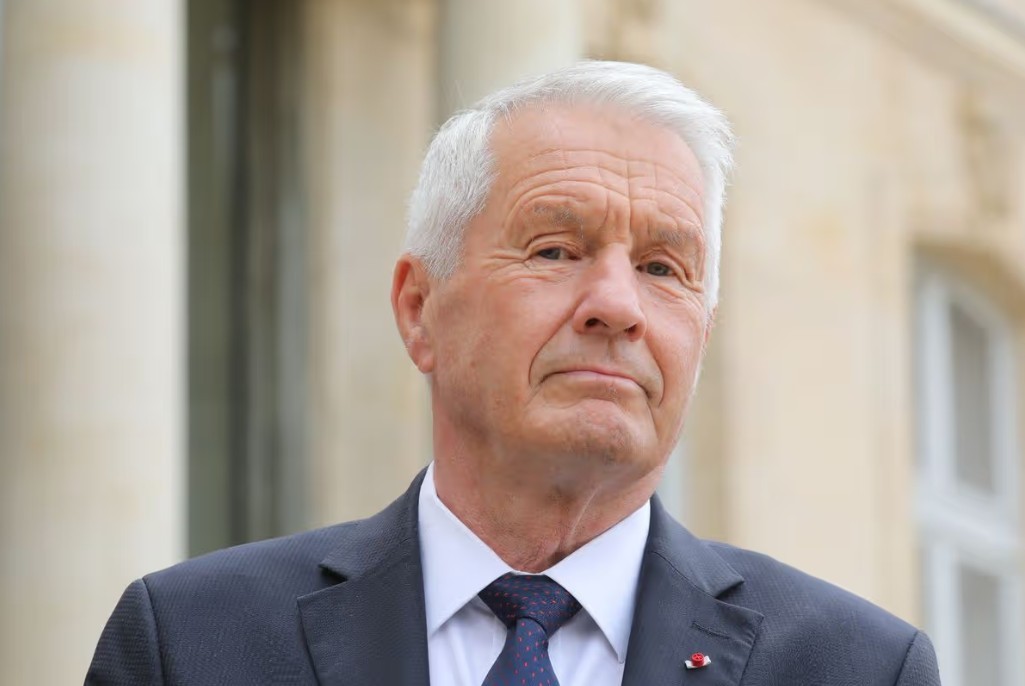Colombian National Anthem: English Translation, Original Lyrics And History
 |
| What Is The Colombian National Anthem: English Translation, Original Lyrics And History. Photo: APK Pure |
The "National Anthem of the Republic of Colombia" (Spanish: Himno Nacional de la República de Colombia) is the official name of the national anthem of Colombia.
It was first written as a poem in 1850 by future President Rafael Núñez as an ode to honor the independence of Cartagena. The music was produced by Italian-born opera musician Oreste Síndici, at the request of Bogotan actor José Domingo Torres, during the presidency of Núñez, and with lyrics improved by Núñez himself, it was given to the public for the first time on 11 November 1887. The song became highly popular and was swiftly selected, albeit impulsively, as the national anthem of Colombia.
It was made official with Law 33 of 18 October 1920. Colombian musician José Rozo Contreras analyzed the scores and made the transcriptions for symphonic band, which was recognized as an official version by decree 1963 of 4 July 1946. The song has been performed in numerous versions, been the subject of proposed reforms and been widely performed in the arts.
The lyrics of the hymn are made of a chorus and eleven stanzas, though it is commonly sung chorus–first verse–chorus.
Here are the Colombian national anthem’s history, original lyrics and English translation.
History of Colombian national anthem
Both "La vencedora" and "La libertadora," contradanzas written in 1819, were played to honor the victory of the patriots at the Battle of Boyacá. With Colombia's independence in 1810 and the collapse of Gran Colombia in 1831, many people wrote songs about the liberator Simón Bolvar. On 20 July 1836, the Spaniard Francisco Villalba, who had come to Colombia with a theater troupe, sang a patriotic song for New Granada that would become one of the earliest precedents to the national anthem. The tune went on to achieve legendary status as the country's first official national anthem.
Santiago Pérez wrote the lyrics for the anthem "Canción nacional" ("National Song") in 1847, and English composer and painter Henry Price, founder of the Philharmonic Society, set them to music. The song was not well received because of its lack of complexity. Henry Price was the father of Jorge Wilson Price, who in 1855 moved back to Bogotá after living in New York City to devote himself to translating compositions and, in 1882, to establishing the National Academy of Music of Colombia, to which he invited the young Italian composer Oreste Sndici to serve as an adviser and professor. In 1910, what had been Colombia's National Academy of Music transitioned into what is now called the National Conservatory of Colombia.
The lyric "Oda al 20 de julio" ("Ode to 20 July") was written by José Caicedo Rojas in 1849, while the melody was arranged by José Joaqun Guarn in the key of E flat for four singers and orchestra. While it premiered at the Museum of Colonial Art, the audience was not won over by the piece because of its complexity. Lino de Pombo wrote a poem in 1852, and in 1883, Dutch musician Carlos Von Oecken set it to music.
A contest was held to choose the national anthem per Decree 256, issued on April 12, 1881. Politician José Mara Quijano, poet Rafael Pombo, and musician Carlos Schloss served as contest judges. According to the evaluations published in several newspapers, the competition was nullified since none of the anthems played inspired passion in the spirit of the judges.
In honor of the centennial of the birth of the Liberator (Bolvar), which would take place on July 24, the government of the Sovereign State of Cundinamarca held a contest to choose the anthem on July 1, 1883. Daniel Figueroa won first place for his composition of an anthem featuring lyrics from several literature. The anthem was launched at the Plaza de Bolvar with a chorus of 2,000 children. Cayetano Fajardo came in second and won the runner-up prize. The panel itself pointed out that none of the winning songs could be properly called national anthems but were, at most, patriotic music.
Composition
To celebrate the independence of Cartagena, the first Colombian city to do so, which it did on 11 November 1811, theatre director José Domingo Torres, who was accustomed to enlivening the national holidays, sought out Sndici in 1887 and asked him to create a song. In 1850, when President of the Republic Rafael Nez was still secretary of government of the Province of Cartagena, he wrote a poem called Himno Patriótico ("Patriotic Hymn") in honor of Cartagena, which Domingo Torres asked him to set to music. Nez then reworked and republished the poem in Hebdomadaria issues 3 and 4, published in July 1883. When José Domingo Torres himself requested a musical setting of the same poem by Nez on 20 July 1880, the performance by maestros Delgado and Fortich at the Plaza de Bolivar was met with lukewarm reception.
Torres insisted that Sndici compose the song, but at first, Sndici declined. Through the help of his wife, Justina Jannaut, he was able to persuade himself. Sndici had previously insisted that José Domingo Torres track out the poet in order to give the poem's lyrics the appropriate arrangement for a melody and a sense of national pride.
Sndici took a Dolt Graziano Tubi harmonium to his home in Nilo, Cundinamarca, where he composed the anthem. There is a space at the National Museum of Colombia dedicated to the original score, which was written in the key of E flat major and four beat measure (tempo di marcia). On July 24, 1887, following Sunday mass, the tune's preview performance was scheduled to take place under a tamarind tree in the central park of the Cundinamarca municipality.
On 11 November 1887, at the celebration of Cartagena's independence, a chorus of youngsters from three primary schools, students of Sndici, sang the first performance of the national anthem. The first rendition of the national anthem was staged in the Teatro de Variedades (Theatre of Varieties) of the public school of Santa Clara, which stood where the Church of Santa Clara is today in the area governed by the Bogotá Cathedral neighborhood. This location is now known as carrera octava (Eighth Avenue). On that same day, as part of the festivities, the first stone was laid for what would become Bogota's Municipal Theatre;[25] it opened to the public in 1890 and remained there until its demolition and relocation to the Jorge Eliécer Gaitán Theater in 1952.
As President Rafael Nez heard how powerful the song was, he sent an invitation to its composer, Oreste Sndici. Hence, on December 6 of that year, at 9 o'clock in the evening, Minister of Government Felipe Fermn Paul was tasked with organizing a presentation of the hymn in the grade room of the Palace de San Carlos, which is now the Museum of Colonial Art. A choir of 25 voices sang the song in front of the country's top political, religious, and military leaders. The song was dubbed the "National Anthem" on the event's invitation.
Spanish Lyrics of The Colombian National Anthem
Coro
¡Oh gloria inmarcesible!
¡Oh júbilo inmortal!
En surcos de dolores
el bien germina ya.
Cesó la horrible noche,
la libertad sublime
derrama las auroras
de su invencible luz.
La humanidad entera,
que entre cadenas gime,
comprende las palabras
del que murió en la cruz.
"¡Independencia!" grita
el mundo americano;
se baña en sangre de héroes
la tierra de Colón.
Pero este gran principio,
"El rey no es soberano"
resuena, y los que sufren
bendicen su pasión.
Del Orinoco el cauce
se colma de despojos,
de sangre y llanto un río
se mira allí correr.
En Bárbula no saben
las almas ni los ojos,
si admiración o espanto
sentir o padecer.
A orillas del Caribe,
hambriento un pueblo lucha,
horrores prefiriendo
a pérfida salud.
¡Oh, sí!, de Cartagena
la abnegación es mucha,
y escombros de la muerte
desprecian su virtud.
De Boyacá en los campos,
el genio de la gloria,
con cada espiga un héroe
invicto coronó.
Soldados sin coraza
ganaron la victoria;
su varonil aliento
de escudo les sirvió.
Bolívar cruza el Ande
que riegan dos océanos,
espadas cual centellas
fulguran en Junín.
Centauros indomables
descienden a los llanos,
y empieza a presentirse,
de la epopeya el fin.
La tropa victoriosa
en Ayacucho truena,
que en cada triunfo crece
su formidable son.
En su expansivo empuje
la libertad se estrena,
del cielo americano
formando un pabellón.
La virgen sus cabellos
arranca en agonía
y de su amor viuda
los cuelga del ciprés.
Lamenta su esperanza
que cubre loza fría,
pero glorioso orgullo
circunda su alba tez.
La patria así se forma,
termópilas brotando;
constelación de cíclopes
su noche iluminó.
La flor estremecida
mortal el viento hallando,
debajo los laureles
seguridad buscó.
Mas no es completa gloria
vencer en la batalla,
que el brazo que combate
lo anima la verdad.
La independencia sola
el gran clamor no acalla;
si el sol alumbra a todos,
justicia es libertad.
Del hombre los derechos
Nariño predicando,
el alma de la lucha
profético enseñó.
Ricaurte en San Mateo,
en átomos volando,
"Deber antes que vida,"
con llamas escribió.
The Colombian National Anthem in English Translation
Chorus
O unfading glory!
O immortal joy!
In furrows of pain
goodness germinates now.
The horrible night has ended,
the sublime liberty
pours the dawns
of its invincible light.
The whole humanity,
crying in its chains,
understands the words
of the One who died on the Cross.
"Independence!" cries
the American world;
bathed in the blood of its heroes
the land of Columbus.
Still, one great principle,
"The king is not sovereign",
resounds, and those who suffer
bless its passion.
The Orinoco's bed
fills with the remains,
of blood and a river crying
is there seen.
In Bárbula they don't know
the souls nor the eyes,
if admiration or horror
feel or suffer.
On the shores of the Caribbean,
famished the people fight,
horrors preferring
to treacherous health.
O, aye! for Cartagena
the abnegation is much,
and the remains of death
despises its virtue.
From Boyacá in the fields,
the genius of glory,
for every ear a hero
undefeated crowned.
Soldiers without breastplate
won victory;
their virile breath
as shield served.
Bolivar crosses the Andes
that two oceans bathe,
swords as sparks
shine in Junín.
Untameable centaurs
descend to the plains,
and a prescience begins to be felt,
of the epic the end.
The victorious troop
in Ayacucho thunders,
that in every triumph grows
its formidable sound.
In its expansive thrust
Liberty is worn for the first time,
from the American sky
a pavilion forming.
The virgin her hairs
pulls out in agony
and from her love widowed
hangs them on a cypress.
Regretting her hope
covered by a cold headstone,
but glorious pride
hallows her fair complexion.
Thus the mother land is formed,
Thermopylaes are breaking forth;
constellation of cyclops
its night brightened.
The trembling flower
finding the wind mortal,
underneath the laurels
safety sought.
But it's not complete glory
to defeat in battle,
that the arm that fights
is encouraged by truth.
Independence alone
The great clamour doesn't silence;
if the sun illuminates everyone,
justice is liberty.
From men the rights
Nariño preaching,
the soul of struggle
prophetically taught.
Ricaurte in San Mateo,
in atoms flying,
"Duty before life,"
with flames he wrote.
Lyric videos of Colombian National Anthem
 What Is The Nigerian National Anthem: English Translation, Original Lyrics And History What Is The Nigerian National Anthem: English Translation, Original Lyrics And History "Arise, O Compatriots" is the national anthem of Nigeria. It was adopted in the late 1970s and is the country's second ever national anthem. Take ... |
 What Is The Turkey National Anthem: English Translation, Original Lyrics And History What Is The Turkey National Anthem: English Translation, Original Lyrics And History "İstiklal Marsi " ('Independence March') is the national anthem of both Turkey and Northern Cyprus. Take a look at the anthem's history, original lyrics, English ... |
 What Is The Pakistan National Anthem: English Translation, Original Lyrics And History What Is The Pakistan National Anthem: English Translation, Original Lyrics And History The "Qaumī Tarānāh" (also known as "Pāk Sarzamīn", 'Thy Sacred Land'), is the national anthem of the Islamic Republic of Pakistan. Here are its history, ... |
 What Is The Bangladesh National Anthem: English Translation, Original Lyrics And History What Is The Bangladesh National Anthem: English Translation, Original Lyrics And History "Amar Sonar Bangla" ('My Golden Bengal') is the national anthem of Bangladesh. Take a look at its history, original lyrics, English translation. |


























